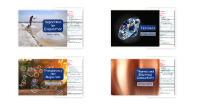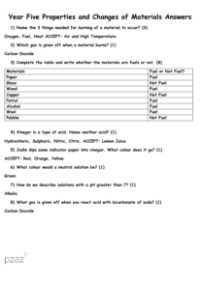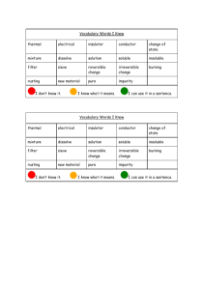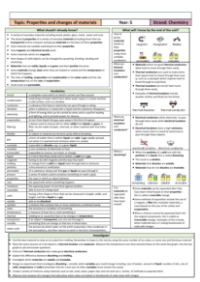Materials - Keywords

Science Resource Description
A thermal conductor is a material that facilitates the transfer of heat through it. This property is crucial in various applications where efficient heat dissipation or transfer is desired. For instance, metals are often highlighted as exemplary thermal conductors due to their ability to allow heat to pass through them effectively. Conversely, a thermal insulator is characterized by its resistance to heat flow, making it an ideal choice for retaining warmth or protecting against heat. Materials that fall into this category, such as non-metals, are known for their insulating properties and are commonly used in thermal insulation applications.
In the realm of electricity, materials are classified based on their ability to conduct electric current. An electrical conductor, such as metals and graphite, readily allows electricity to flow through it, which is essential in electrical circuits and components. On the other hand, an electrical insulator impedes the flow of electricity, making it a critical element in preventing unwanted current transfer, with non-metals (excluding graphite) typically serving as electrical insulators. Furthermore, the concept of a change of state refers to the transformation of matter from one physical state to another, like the evaporation process where a liquid turns into a gas. A mixture is a combination of two or more substances that retain their individual properties and can be separated by physical means, exemplified by air, which is a mixture of various gases.






